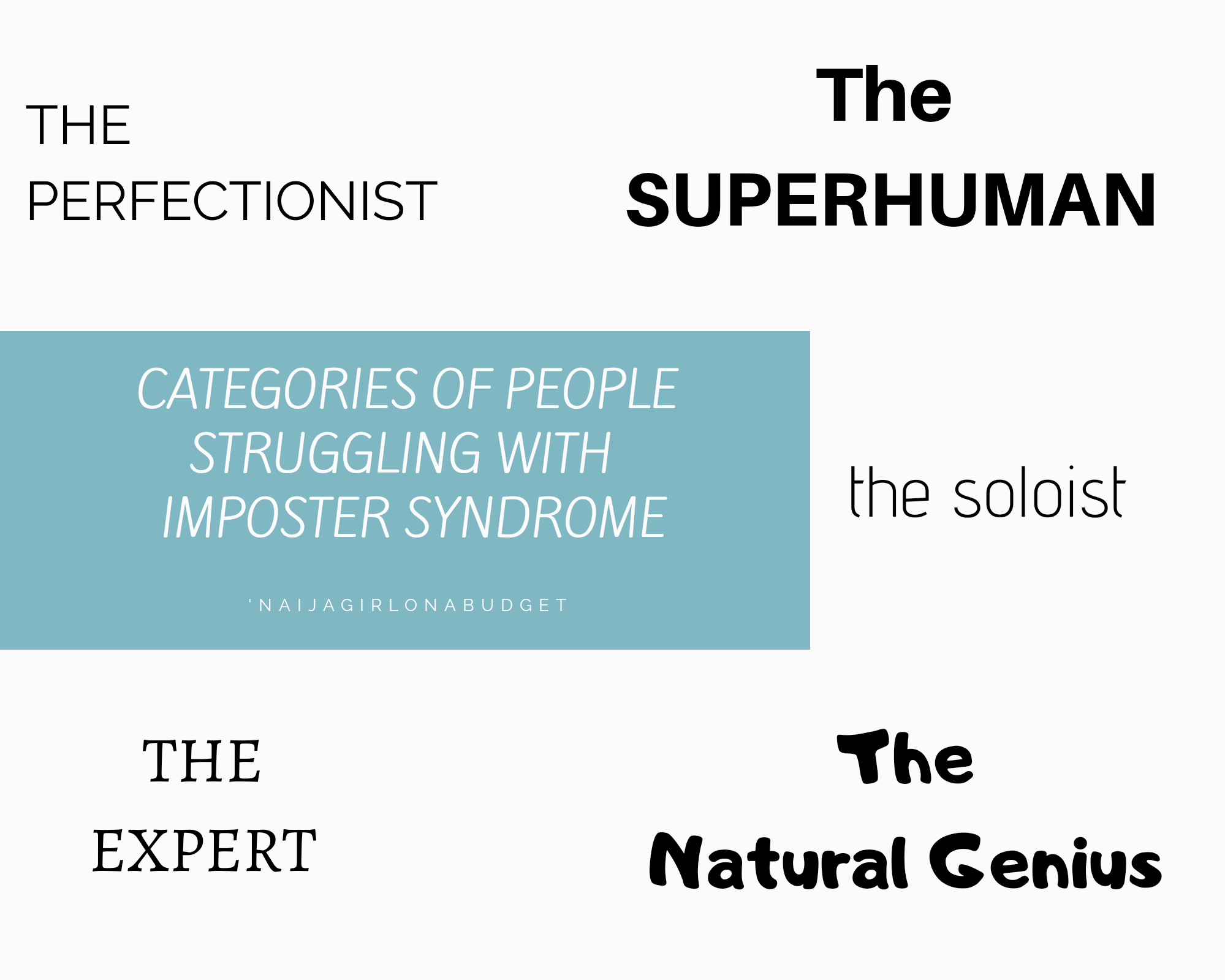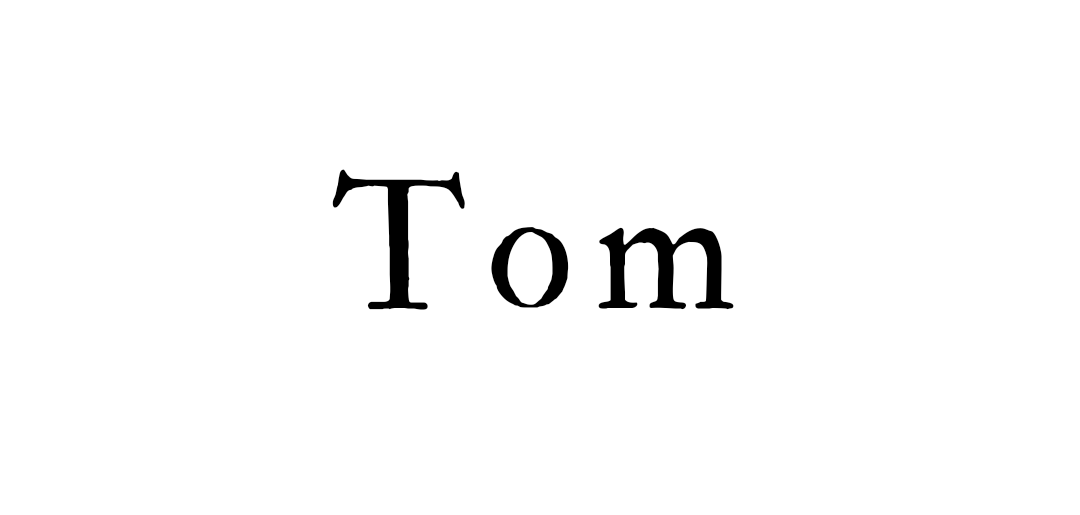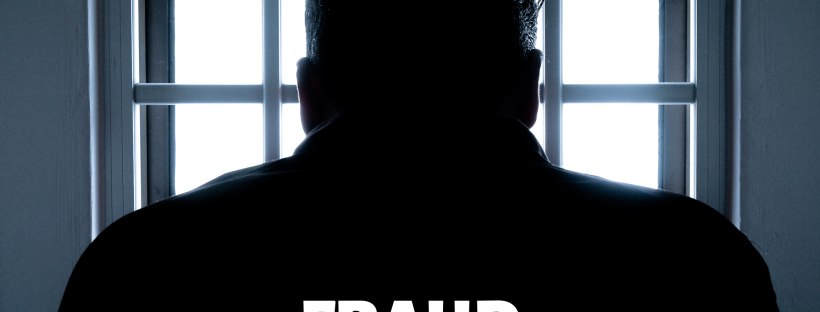The Imposter Syndrome.
It happens to the best of us really. That feeling of being a fraud waiting to be discovered; feeling like you don’t deserve the good things that you get and you’re not good enough; feeling like the good things you get will not last.
The feeling that makes you doubt yourself over and over again.
The feeling that has you afraid of taking risks, afraid of receiving love, afraid of letting people get too close, fearing that they’ll find out that you’re not as cool or smart or sweet as you seem. The feeling that makes you want to fade into the wall at the back of the room when you’re in the midst of people because you’re scared of being found out to be a poser.
It has you telling lies to yourself, and believing them. You hardly ever give yourself enough credit and you downplay your achievements.
If you can relate, please feel at home; we’re together in this.
Fun fact: Maya Angelou, Meryl Streep, Kate Winslet and Mike Myers have all shared moments when they had to deal with the Imposter Syndrome.
The Imposter Syndrome is something I’ve been struggling with, so I know how you feel. It has the ability to take your mood to 100 to 0 quicker than you can say ‘Jack Robinson Crusoe‘ (okay that’s really a mouthful so it’s definitely quicker), and you’re almost helpless, can’t control it because you’re not doing it on purpose, see?
Sometime in 1978, Dr. Pauline R. Clance and Dr. Suzanna A. Imes coined the term Imposter Phenomenon in a bid to adequately capture the meaning of this concept. They defined it as an individual experience of self-perceived intellectual phoniness. Just imagine, nobody gave you enemies but you have decided to be your own nemesis.
These 2 women conducted a research and discovered that the Imposter Syndrome was more prevalent among women. Whether as a result of upbringing, societal standards, culture or a mix of different factors, it remained that women struggled more with the syndrome than their male counterparts.
Clance and Imes went on to interview 150 ‘high-achieving’ women; women who were undeniably doing well for themselves, academically (with the degrees they had in their bags) and professionally (in their respective fields). Even co-workers had nothing but praise for these women. Would you believe that, when interviewed, these women did not think that they were ‘all that’? Most of them attributed their success to luck and believed that they were being ‘over-hyped’ and had their abilities overestimated.
Clance and Imes came to the conclusion that people affected by the syndrome usually suffered anxiety, low self-confidence and, in some cases, depression. Go figure, right?
The Imposter Syndrome has you feeling like you’re inadequate and incompetent, even when there’s glaring evidence that you’re not either of those things. It’s a tough life really.
Dr. Valerie Young, an expert on Imposter Syndrome, identified 5 categories of people who suffer from the Imposter Syndrome.
The Perfectionists:
The Perfectionists like to be in control. They find it hard to delegate and would rather do things themselves than have someone else do an ‘imperfect job’. They like to be 100%, 100% of the time; they’ll typically set super high goals for themselves and if they fail to meet those goals, they beat themselves up and feel like they have failed in life.
The Superhumans:
They feel like they have to put in more work than anyone else to be as successful. They’re workaholics, because they think they have to prove their worth, so they take on a lot of work and detest being idle. Work is extremely important to them.
The Natural Geniuses:
They’re so used to being effortlessly smart that once they actually have to put in a lot of effort to learn something, they feel stupid and absolutely daft. They expect a lot from themselves and expect to get stuff right on the first try. They do not appreciate the idea of having ‘tutors’ or ‘mentors’ because they like to be self-sufficient. They will not willingly go out of their comfort zone.
The Soloists:
They ride solooooooo!!! They hate asking for help, it makes them feel stupid and incompetent. They feel like they need to do stuff on their own, by themselves, with zero input from anybody else.
The Experts:
Not knowing enough is one of their biggest worries. They hate to be seen inexperienced or unknowledgeable; they feel a constant need to know.

In order to not overwhelm you with information, I’ll talk about overcoming the Imposter Syndrome in a subsequent post.
However, now that we know the 5 categories of people dealing with the Imposter Syndrome, can you tell which category resonates more with you?
I’ll go first. I’m definitely, without an iota of doubt, the Natural Genius 😭
Which one are you?
Love,


I’m the perfectionist. I can’t afford to let anyone mess up a job. I’d rather do it myself tbh. And the way i beat myself up when i fail at a task???? It legit amazes me
LikeLiked by 1 person
It’s really amazing how we can find the right words to encourage others but never for ourselves.💔
LikeLike
I am one of those Superhumans😂. I always feel I have to do more than anyone else to be successful.
I look forward to the next read.
Thank you Tom
LikeLiked by 1 person
Knowing you, I’m super surprised you can relate to any of this because you’re so smart!
But well, it affects the best of us.
Thank you for reading!
LikeLike
This is so true! I think I’m the natural genius too but mixed with the soloist. I can sometimes ask for help, but I always want to be able to succeed on my own and provide for myself because I feel like asking for help sometimes makes me feel like I’ve failed!
LikeLiked by 1 person
Yesss!!
Like, it’s either I do it right BY MYSELF or I didn’t succeed.
Tough life.
Thank you for reading!
LikeLiked by 1 person
I am the soloist – lone ranger. I always love to think I have it all figured out and can do stuff alone but nehhh.
Good read Tom!
LikeLiked by 1 person
Thank you for reading 💛💛💛
LikeLike
I’m definitely the natural genius 😂😂😂😂
LikeLiked by 1 person
😂😂😂
Me and you both!
LikeLiked by 1 person
I am the natural genius 😄 and I have struggled with feelings of being unintelligent and daft over and over again. Thank you for this Tom.🤗
LikeLiked by 1 person
Hi Kindred Spirit 👋🏾👋🏾😂
Thank you so much for reading!!
LikeLike
If it’s possible I think I’m a blend of the “Natural genuis” and the “Experts”. I love learning new things, educating myself on every topic imaginable, taking courses in everything unrelated to my own field then I get super disappointed when I don’t do well or when I’m unable to hack a particular thing
LikeLiked by 1 person
Thank you for sharing! I definitely understand how you feel and boyy do we deserve better!
LikeLike